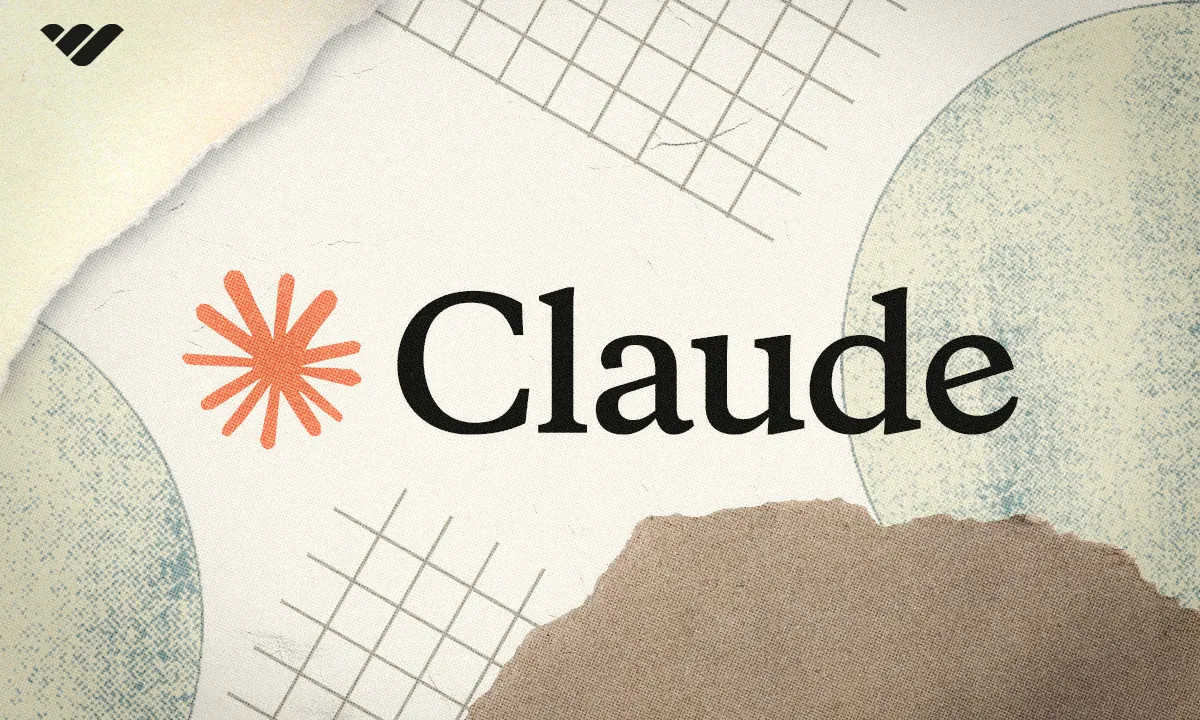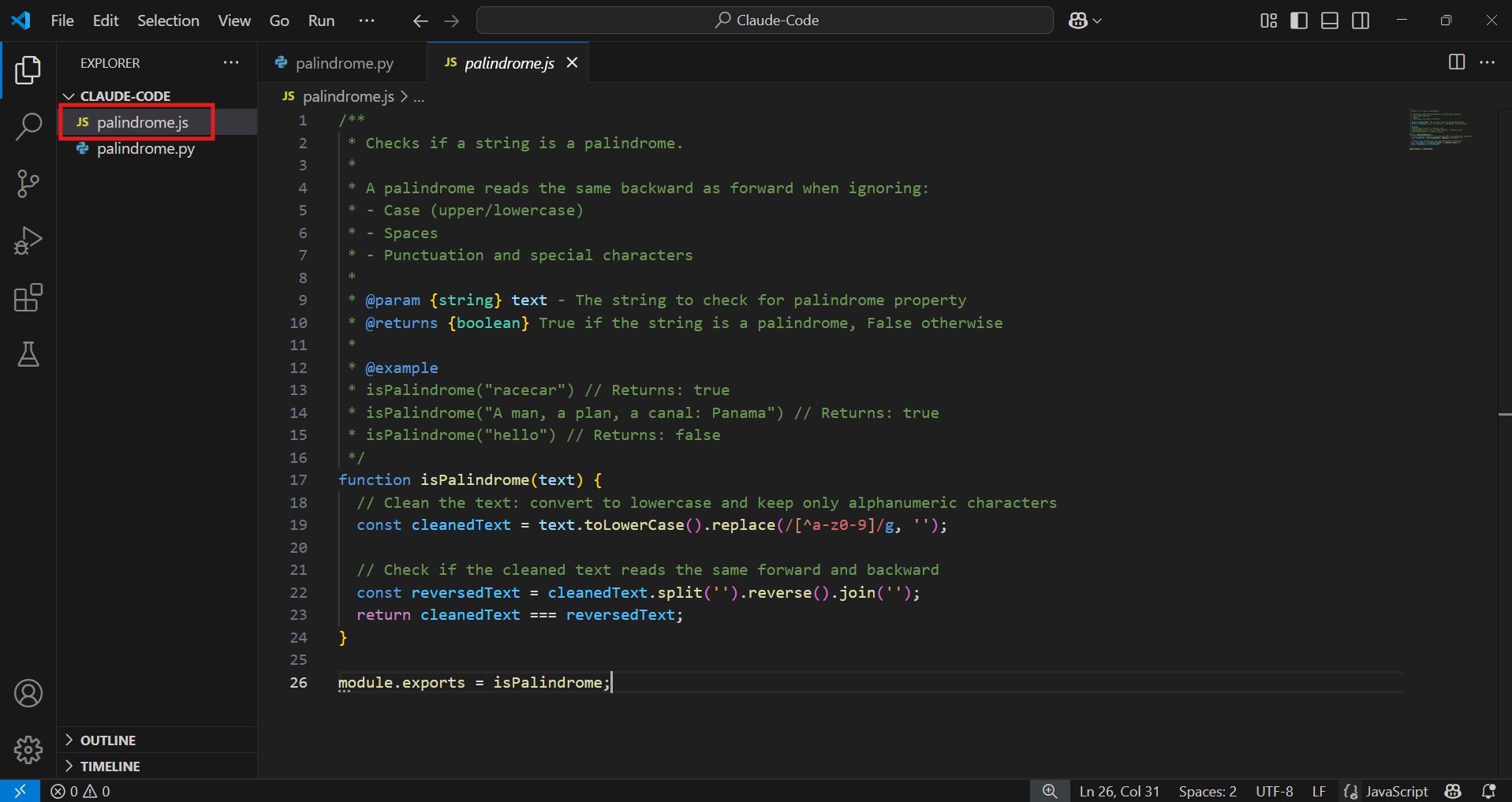
Anthropic created Claude AI, which has become one of the versatile evolutions of AI in 2025, with the launch of Claude 3.5 Sonnet and Claude 4 Opus. Through the use of a potent combination of natural language understanding, visual reasoning, and intelligent task execution, these models are reshaping user behaviour when it comes to writing, code development, and all-day auto-generation. Better coding logic, better long-term memory, and new multimodal capability make Claude ready to be a popular tool not only for individual creators but also for large teams and enterprise-level work. This handbook discusses how the latest functions of Claude are reshaping AI applications in various sectors.
Also read on AI Tools to Automate Your Life in 2025
Claude’s visual analysis revolution
Claude Sonnet and Claude4 have one of the most innovative features: they are capable of analysing and comprehending an image. Now, the model is able to process any uploaded visual file, including a chart, diagram, or graph, and give detailed and contextual insight. Consider uploading a sales funnel image. Claude will not merely point out the layout but also explain each of the layers, indicate bottlenecks, and convey how to enhance conversions.
Such a feature is handy for business analysts, marketers, and researchers who plan their strategies based on visual data. Claude does not merely see; it interprets. It links graphics to real-life consequences, making it an excellent companion to anybody who has to make sense of complex information quickly.
Also read on Top AI Chrome Extensions for Productivity in 2025
How Claude AI turns data into insightful narratives
The most recent upgrades of Claude AI allow users to enter financial tables or spreadsheets, which Claude will convert into a properly formatted report. It does not simply summarise any figures- it interprets trends, draws conclusions and proposes. This aspect cuts out the time usually used to format, edit, and match reports and company objectives. Claude makes the communication of stakeholders' data-oriented by accelerating it in team settings, so stakeholders can know what to prioritise. Financial, sales, and operations professionals now trust Claude to provide timely, transparent, and smart missives to the key stakeholders.
Game-changing code generation and debugging
Claude 3.5 Sonnet and Claude 4 Opus are exemplary in their advanced ability to program. The models have produced great increases in the accuracy of benchmarks like HumanEval and SWE-bench, reaching 79 per cent accuracy and 38 per cent, respectively. Claude has made it possible to write any code in many programming languages, debug by pedals on all code, and to rewrite framework-to-framework codebases. It is also able to come up with new features on its own and over a long period.

Besides, Claude has the ability to work nonstop hours and examine the structure of codes, provide recommendations to improve and run shell commands within simulated environments. This helps Claude become more than a coding tool, but rather a team member in itself. Claude is also compatible with development tools like VS Code and GitHub in the enterprise setting, which reduces the complexity of software engineering in the team context.
Also read Best AI Mobile Apps for iPhone and Android
Context retention and multi-step reasoning
One of the longest context windows in the AI world is currently supported by Claude and controls a million or more tokens in its enterprise editions. This enables it to store knowledge in large documents, researched papers, meeting proceedings and multiple task sequences. This superior memory qualifies Claude as a best suit in teamwork in the legal profession, research work in institutions of higher learning, as well as planning.
It reads whole contracts or studies, stays within context and references earlier sections without any need of being reminded. Claude can alternate his fast responses with intense analysis using the hybrid reasoning model, which gives the user a choice of speed and, at the same time,e careful analysis.
Also read on Top ChatGPT Alternatives to Power Your AI Productivity Workflows
Automating daily workflows with a tool used
Another step in AI capabilities is Claude's ability to run automation on tools. The system now can: Control software interfaces, such as a virtual assistant, Web form and applications clicking Click through web forms and applications. Populate forms, retrieve numbers and deliver reports. Make calls to APIs to get real-time data.

This agent like behavior will enable Claude to imitate the way humans use computers and this ushers in the possibility of automation of repetitive office roles, data entry, form filling and so on. Companies are gradually ensuring that Claude is involved in the customer service flow, logistics operations, and HR processes, eliminating the need to perform manual tasks and maximising efficiency.
Claude’s AI writing, team, and safety features
Claude has remained a leader in terms of excellent writing ability. It makes content with straightforwardness, emotional detail and rational composition. Claude follows the examples or input of the user to create new tone and style when writing newsletters, essays, social media posts and branded marketing. The ability to bend it into shape enables the content teams, copywriters, and editors to use it as an important tool.
This ensures that long pieces of writing appear more structured and appealing by having the option to refer back to certain parts of a piece of work in the earlier stages of the text. In addition to writing, there is a new feature on Claude now, which enables collaboration in real-time, facilitating work with the team. Artefacts is one of them- it is a shared visual room where Claude shows its products to a group (drafts, pictures, charts, code fragments) to review and edit.
Claude supports translation and multilingual writing, enabling content creation in over 25 languages. For global teams, this ensures consistency across regional content strategies. Claude can localise content, maintain tone, and adjust cultural references appropriately.
It is on this shared canvas that quicker decision making and alignment within the department can be made. Claude also has Memory and Version Tracking that memorizes the current project information and avoids duplicated commands. The feature makes possible seamless interruption of multi-stage work and enhances success in editorial and product development operations.
Claude’s safety and Privacy controls
Anthropic has made significant steps to make Claude an open and safe AI tool. Constructed with the help of Constitutional AI, Claude is made up of a set of ethical guidelines that are aimed at minimising the possibility of harmful or biased responses. The Claude 4 models come with thinking summaries, and this aids the user in comprehending the decision-making process of the model. It lets users control the way that Claude creatively engages with memory, too, like turning the memory off, deleting certain interactions or even controlling what the memory keeps.
These privacy controls are particularly valuable in regulated sectors such as legal, finance and healthcare, where the processing of data is of the essence. After incorporating emotional intelligence in writing, teamwork-friendly functionality, and ethical design solutions, Claude is ready to become a reliable AI support system both at an individual level and organizational level. It not only helps, but also cooperates, modifies and does not violate the boundaries of the user.
Real-world use and scalable enterprise access
In 2025, Claude will be widely used across industries. Marketers create campaigns, educators prepare lessons, legal teams summarise contracts, analysts extract insights from data, and developers use it for code reviews and automation.Claude integrates easily into enterprise platforms with API access, secure deployment, and compliance controls. It’s available through free access (Claude 3.5 Sonnet) or paid Pro/API tiers (Claude 4 Opus). Claude’s evolution has made it more than just an assistant—it’s a reliable, ethical, and scalable AI partner for individuals, teams, and businesses.
FAQs
What is Claude AI, and who developed it?
Claude AI is an advanced language model developed by Anthropic. It's designed to help with writing, coding, analysis, and automating workflows through natural language interaction.
How does Claude AI differ from other AI tools like ChatGPT or Gemini?
Claude stands out with its strong context retention, visual data analysis, Constitutional AI safety framework, and tools for collaboration, automation, and ethical decision-making.
Can Claude AI write code and debug programs?
Yes. Claude 3.5 Sonnet and Claude 4 Opus support multiple programming languages, debugging, code translation, and long-term code development, making it a valuable tool for developers.
Is Claude AI suitable for enterprise use?
Absolutely. Claude offers API access, memory control, compliance features, and integration with platforms like GitHub, VS Code, and enterprise tools for secure, scalable deployment.
What pricing options are available for Claude AI?
Claude 3.5 Sonnet is available for free through the web app. Claude 4 Opus is accessible via Pro plans or usage-based API pricing, making it flexible for individuals and businesses.